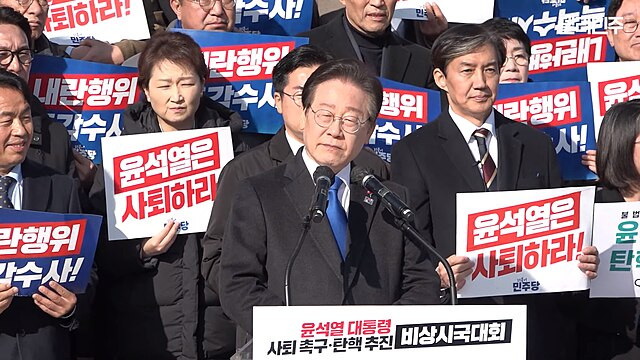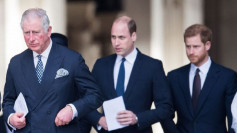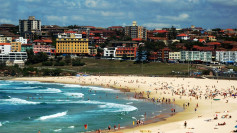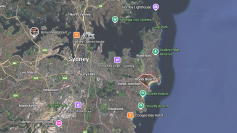In Seoul, political tensions have reached a fever pitch as South Korea's National Assembly prepares to vote on whether to impeach President Yoon Suk Yeol following his controversial imposition of martial law earlier this week. Amid growing domestic turmoil and international concern, opposition leaders are warning that Yoon may attempt a second, last-minute martial law order to maintain his grip on power. Such a move would be unprecedented in Asia's fourth-largest economy, a nation long lauded for its robust democratic institutions.
At the heart of the crisis is Yoon's brief declaration of martial law late Tuesday, which sent shockwaves through the political system and provoked fierce criticism across party lines. "The situation is getting worse, there are fewer ways to escape, and he might see it as a breakthrough to destroy the existing systems and create a situation where he can do whatever with his power," said Lee Jae-myung, leader of the main opposition Democratic Party, in an interview at the National Assembly. "That's why it's very dangerous tonight, because the only chance he has is tonight and tomorrow morning."
Opposition parties plan to force an impeachment vote as early as Saturday afternoon, but the motion needs a two-thirds majority-200 votes in a 300-seat assembly. With the opposition holding 192 seats, at least eight members of Yoon's conservative People Power Party (PPP) must cross the aisle. While earlier in the week the PPP reaffirmed its official stance against impeachment, internal fractures emerged on Friday when its leader, Han Dong-hoon, unexpectedly broke ranks. "It's my judgment that an immediate suspension of President Yoon Suk Yeol's official duties is necessary to protect the Republic of Korea and its people," said Han, citing what he called "a significant risk of extreme actions, like reattempting to impose martial law."
The tension has spilled over into the security sphere. The Defense Ministry suspended senior military officers after allegations surfaced that Yoon had ordered the defense counterintelligence commander to detain key politicians during the brief period of martial law. Hong Jang-won, first deputy director of the National Intelligence Service, told lawmakers behind closed doors that "Yoon called after imposing martial law and ordered him to help the defense counterintelligence unit to detain key politicians," according to legislator Kim Byung-kee, who attended the briefing. The spy agency's chief, Cho Taeyong, disputed Hong's account, suggesting no such order was given directly to him.
For Lee Jae-myung and his Democratic Party allies, Yoon's actions represent a profound constitutional affront. "Yoon's martial law enforcement amounted to 'rebellion and also a self-coup,'" Lee said in a televised speech Friday. Despite the uncertainty, Lee maintained that "even if he may avoid it tomorrow, the conclusion will eventually come down to one thing ... the only way to tackle the situation is to impeach him unless he resigns."
Protests have erupted in central Seoul since Wednesday, with thousands of demonstrators demanding Yoon's resignation. Labor groups, including the powerful Korean Metal Workers' Union, have threatened to escalate strikes if Yoon remains in office. Meanwhile, foreign allies and neighbors watch warily, as the political standoff in one of Asia's most stable democracies raises questions about long-term stability and the direction of Seoul's foreign policy.
Yoon, who has remained largely out of public view since abruptly lifting martial law under parliamentary pressure, offered no immediate response to Han's remarks or the opposition's accusations. Prosecutor General Shim Woo Jung has indicated an investigation into rebellion charges against the president could follow, noting that presidential immunity does not extend to allegations of treason.
While Yoon's tenure now hangs in the balance, Lee Jae-myung struck a note of resolve, comparing the crisis to an infection that must be cured. "The current situation is not from a problem rooted in our country or democracy, but it's like a virus that happened to infiltrate into our perfectly functioning system," Lee said. "So we have to focus on removing the virus ... and through the process, our nation and democracy will become even stronger."






